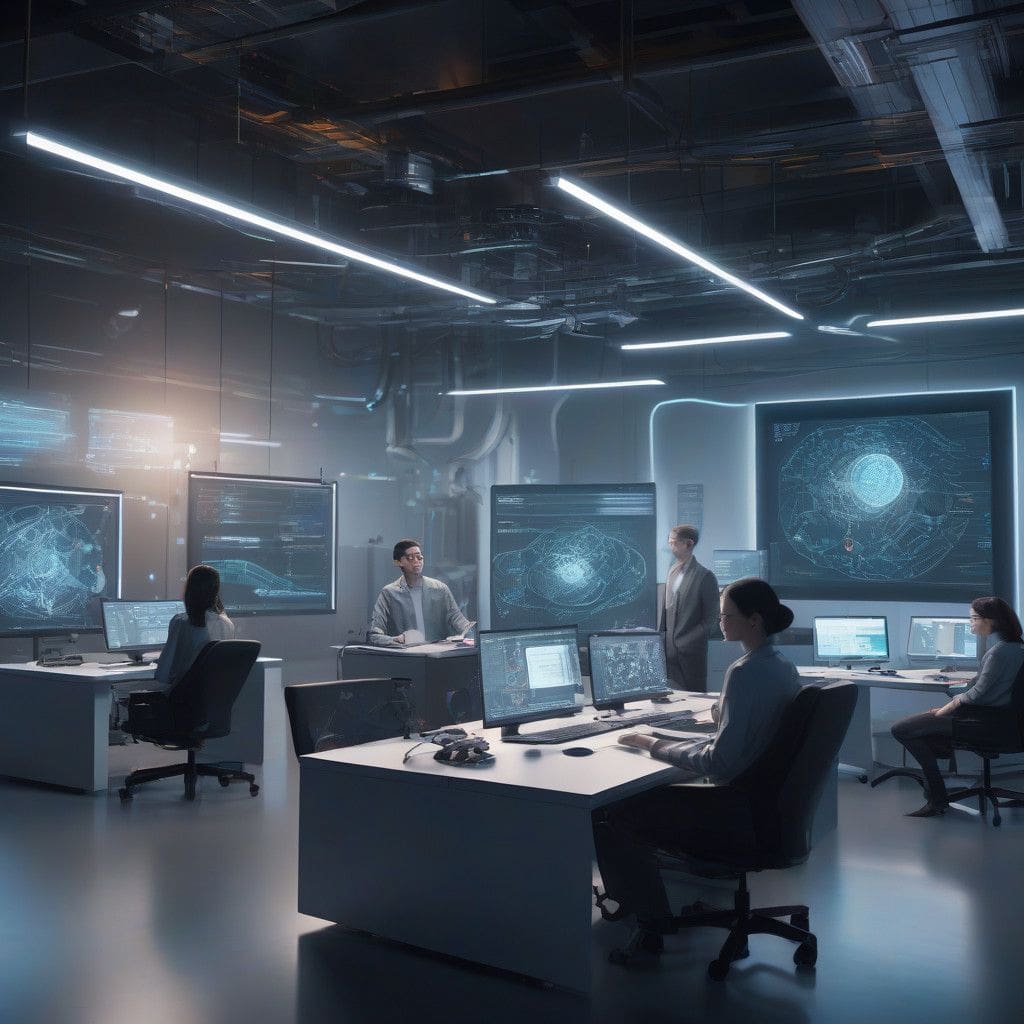In an ambitious move to advance the assessment of artificial intelligence capabilities, a coalition of technology experts has initiated a global challenge dubbed “Humanity’s Last Exam.” Spearheaded by the Center for AI Safety (CAIS) and Scale AI, this initiative seeks to develop the most demanding examination to date for evaluating AI systems. The primary objective is to determine when AI achieves expert-level reasoning capabilities, a domain where current benchmarks often fall short.
As technology progresses, traditional assessments have become increasingly lenient, failing to explore the true limits of AI reasoning capabilities. Dan Hendricks, the executive director of CAIS, points out that recent advancements in AI models, such as OpenAI’s latest release, ChatGPT-4, have outperformed older benchmarks. “AI systems have significantly improved at standard tests, rendering these benchmarks less valuable,” he asserts. Hendricks highlights that while AI has shown mastery in routine logical reasoning, it still grapples with more complex tasks such as abstract reasoning, planning, and visual pattern recognition.
To address these gaps, the proposed exam will feature over 1,000 crowd-sourced questions crafted to challenge both AI and human test-takers. The initiative aims to prevent AI from simply memorizing responses by including private questions that technology cannot easily access. This approach ensures that participants cannot rely solely on database responses, thereby emphasizing critical thinking and comprehension.
Moreover, the exam excludes questions related to weapons and other sensitive topics, reflecting a commitment to ethical considerations in AI testing. Participants have been invited to submit questions until November 1, with special recognition and rewards for the most innovative contributions. This collaborative approach not only fosters a diverse range of questions but also engages the broader community in the conversation around AI safety and capabilities.
Reflecting on the purpose behind this comprehensive evaluation, CAIS and Scale AI aim to create tests that will remain relevant as AI technologies continue to develop. They hope that this initiative will not only elevate the standards of AI assessments but also encourage a broader discourse on the implications of advanced AI systems in society.
For companies and researchers in the tech space, participating in or observing this initiative presents an opportunity to gain insights into the evolving capabilities of AI and how such assessments may shape future developments. The initiative highlights a critical juncture in AI research, where understanding the limits of machine capabilities becomes increasingly vital as systems integrate into various sectors of daily life.
As this call for collaboration unfolds, it sends a clear message to stakeholders: the importance of robust AI testing cannot be overstated. As models like ChatGPT and Anthropic’s Claude soar in conventional assessments, we must push for more rigorous evaluations to understand truly the potential and boundaries of AI systems.
While the project is still in its initial stages, its implications ripple across various industries. Companies relying on AI for decision-making, customer service, and other applications must stay informed on evolving benchmarks and testing methodologies to ensure they leverage AI technologies effectively while navigating inherent risks.
Ultimately, this global call to action encourages a re-evaluation of how we assess AI, aiming not only for improved algorithms but also for a deeper comprehension of their implications for society. As we stand at this intersection of innovation and caution, the excitement and anxiety about AI testing reflect a broader narrative about technology’s role in our future.
Through initiatives such as “Humanity’s Last Exam,” we are likely to foster advancements that not only raise the bar for AI capabilities but also safeguard our collective understanding of this remarkable technology.












